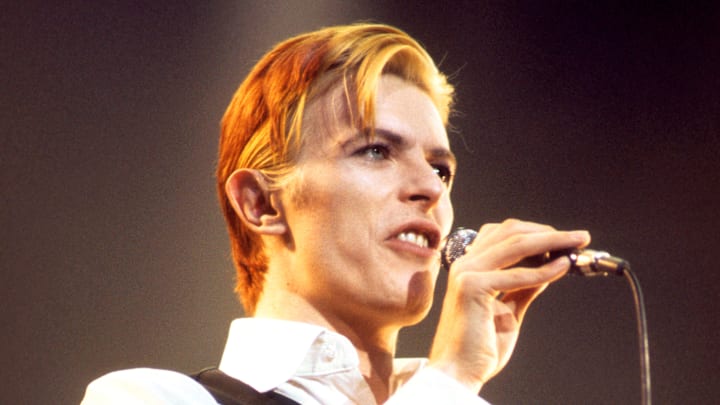What makes an objectively great album? Music is such a personal taste and what one might find value in (ABBA) someone else might think is wretchedly awful (also, ABBA). Partly what makes an LP so excellent is the sheer unexpectedness.
One might buy the new Pearl Jam album and think, "I love every PJ record and this one better be great too!" That is unfair to the record. One has only set themselves up for disappointment (though the new Pearl Jam album is pretty great) as their expectations are set too high.
The five albums that follow all sort of came out of nowhere. Either it was a debut record from a band that knew they were good enough to be great. Or the musical artist had produced albums before and none gave any implication to the greatness about to be unleashed on the listening public.
Five 1970s albums that had no business being as fantastic as they turned out to be
David Bowie - Hunky Dory (1971)
This was Bowie's fourth album and only the third, The Man Who Sold the World, came close to being a cohesive work. While there was only a year apart from the release of these two records, one might assume years went by in between. Bowie's third album was probably the most straightforward hard rock record of his career while Hunky Dory was the true beginning of the idiom we would come to know as David Bowie.
The record was unexpectedly great because Bowie had done nothing previously to suggest he was capable of producing such an album. We didn't know then that the first three albums were just the performer working his way through the kinks. Once he fully bloomed, there would never be another musical artist like him.
Some have commented this record is about Bowie getting back to his signer-songwriter roots, and while that isn't completely untrue, that description also does a disservice to anyone who has never listened to the album. The LP is less Jim Croce and more dancehall-meets-poetry reading. And "Song for Bob Dylan" isn't an ode to Dylan, but a judgment of those who blindly follow the icon.
The record begins with the mature "Changes," darts to the glam of "Oh! You Pretty Things," then eventually finds its way to perhaps the most Bowie track ever, the brilliant "Life on Mars?" Side Two rips through songs about pop giants Andy Warhol, Dylan, and Lou Reed. For any music lover looking to finally get into Bowie's music, this is the album to start with.
Continued on next slide...
